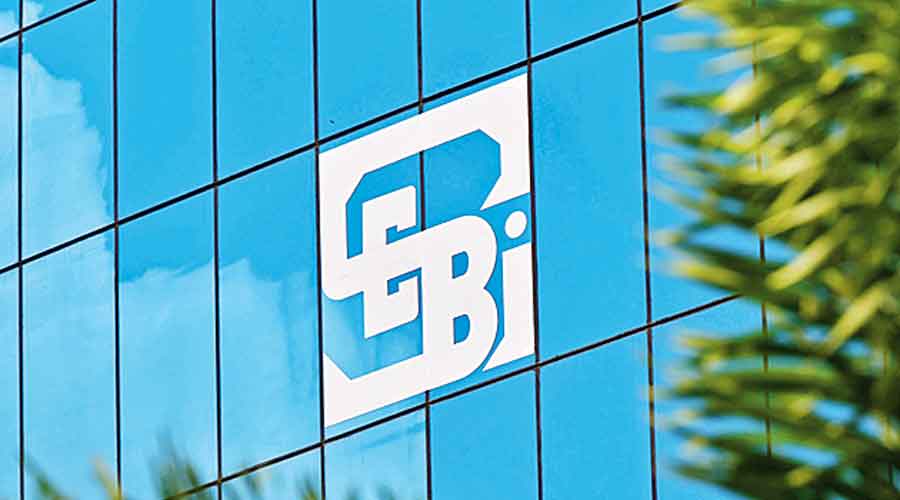The Securities and Exchange Board of India (Sebi) on Wednesday tightened the disclosure requirements and corporate governance standards of listed entities.
The market regulator stopped the practise of individuals holding permanent directorship at boards.
Market rumours, it said, should be verified and confirmed, denied or clarified.
It allowed private equity funds as sponsors of mutual funds and the setting up a backstop facility for specified debt funds during market dislocations. Sebi also said it will institute a formal mechanism for the prevention and detection of fraud or market abuse by stock brokers.
Moreover, in a move aimed at mitigating the credit risk on intermediaries and the risk of potential misuse of clients’ funds, the market regulator will introduce a regulatory framework on upstreaming of clients’ funds by stock brokers and non-bank clearing members to clearing corporations.
At its meeting, the board approved amendments to the LODR (Listing Obligations and Disclosure Requirements).
Listed firms must seek ``periodic’’ shareholders’ approval for any director serving on the board, which will end the practice of permanent board seats.Periodic shareholders’ approval must be taken for any special right granted to a shareholder (read promoter) to nip any practise of perpetuity of special rights.
The regulator will introduce a quantitative threshold for determining material events or information and bring stricter timeline for the disclosure of such developments. Listed firms will now have to disclose the outcome of board meetings within 30 minutes, while material events must be disclosed in 12 hours.
It also strengthened the disclosure requirements of listed firms, which would end the practise of companies often saying that it is not their policy to comment on market speculations while reacting to an unconfirmed news report.
Such disclosures will be done in a phased manner: the top 100 companies by market capitalisation must adopt the practice from October 1, while the top 250 must take it from April 1, 2024.
Listed entities will be required to fill up the vacancy of directors, compliance officer, chief executive officer and chief financial officer within a period of three months from the date of such vacancy.
Mutual funds
The Sebi board approved the setting up of corporate debt market development fund (CDMDF) which will be in the form of an alternative investment fund (AIF). The fund, with a corpus of Rs 3,000 crore, will act as a backstop facility for the purchase of investment grade corporate debt securities during times of stress.
The board approved the amendments to Sebi (Mutual Funds) Regulations, 1996 for providing clarity on the roles and responsibilities of trustees and the board of asset management companies (AMCs) of mutual funds. The amendment provided for the identification of specific areas as the core responsibilities of trustees which shall require independent evaluation and due diligence by trustee.
In another crucial decision, the regulator said private equity funds can sponsor a fund house. Earlier, Sebi said it will institute a formal mechanism for the prevention and detection of fraud or market abuse by stock brokers. It will amend the stock brokers’ regulations that will provide for a whistle-blower policy as well as systems for surveillance of trading activities and internal controls.
The amended norms would also provide for the obligations of the stock broker and its employees, and the provision for escalation and reporting mechanisms. These amendments will come into effect from October 1, 2023.











